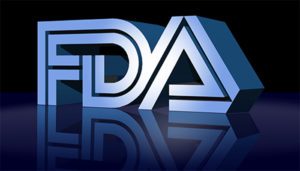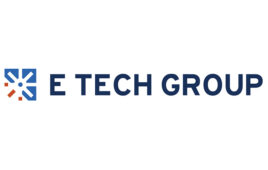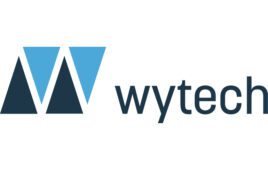 FDA has announced the names of the companies selected to participate in its digital health pre-cert pilot – a first-of-its-kind program aimed to revolutionize digital health regulation in the U.S.
FDA has announced the names of the companies selected to participate in its digital health pre-cert pilot – a first-of-its-kind program aimed to revolutionize digital health regulation in the U.S.
Dr. Scott Gottlieb, FDA’s commissioner, announced the nine participants of FDA’s digital health software precertification pilot program (FDA Pre-cert) last week during his keynote address at the AdvaMed MedTech Conference in San Jose, Calif.
The companies chosen are among the leaders and innovators in software development and medtech who are poised to develop the next generation of medical device technology. The companies are:
- Apple, Cupertino, Calif.
- Fitbit, San Francisco
- Johnson & Johnson, New Brunswick, N.J.
- Pear Therapeutics, Boston
- Phosphorus, New York
- Roche, Basel, Switzerland
- Samsung, Seoul, South Korea
- Tidepool, Palo Alto, Calif.
- Verily, Mountain View, Calif.
Dr. Jeff Shuren, CDRH’s director, stressed later in the week that the pool of companies chosen for the pilot program can be expanded at any time.
The FDA’s Pre-cert pilot program is intended to develop an approach toward digital health technology by looking at the software developer or digital health technology developer, rather than primarily at the product. The goal is for the FDA to, after reviewing systems for software design, validation, and maintenance, determine whether the company meets quality standards and if so, to precertify the company. With information gleaned through the pilot program, the agency hopes to determine the key metrics and performance indicators for precertification and identify ways that precertified companies could potentially submit less information to the FDA
With information gleaned through the pilot program, the agency hopes to determine the key metrics and performance indicators for precertification and identify ways that precertified companies could potentially submit less information to the FDA than is currently required before marketing a new digital health tool as part of a formal program. The FDA is also considering, as part of the pilot program, whether and how precertified companies may not have to submit a product for premarket review in some cases.
Shuren believes the program will help modernize the regulatory framework to “get out of the way” of innovation putting an emphasis on patient access and ensure high-quality, safe and effective devices.
Gottlieb emphasized that the “pilot participants will help the agency shape an agile approach toward digital health technology that focuses on the software developer rather than an individual product.”
The FDA launched the Pre-cert pilot program on July 27, as part of the agency’s Digital Health Innovation Action Plan. The plan outlines the agency’s vision for fostering digital health innovation while continuing to protect and promote public health by providing clarity on medical software provisions of federal legislation passed in 2016 (21st Century Cures), adding expertise to the digital health unit and initiating the FDA Pre-cert pilot program.
(See the best minds in medtech live at DeviceTalks West, Dec. 11–12 in Orange County, Calif.)





#HealthIT #patient@home #HIMSS #WHINN #eHealth #mHealth #DigitalHealthcare Good idea to look into the digital health sector–we are doing the same in the EU as well. One problem is the massive growth of personal health trackers, sensors, smartphone apps, etc. which are NOT FDA-approved as medical devices. ( or in the EU for that matter) What is the status on this? Will some devices be regulated, and others not? or should all devices be regulated? How about unsubstantiated medilcal claims (lose wait, become healthier, be smarter, cure diabetesetc.)??
Scott Hill M.Sc.
biophysicist
blogmaster, Mobile Mnday Denmark
Copenhagen
Those are all important questions, Scott. In the U.S., the difference between a wellness device and a regulated medical device can be murky. Here’s a podcast in which I explored the subject with a top regulatory expert: http://www.medicaldesignandoutsourcing.com/fitness-trackers-medical-devices-difference/